FAQs
-
I understand how worrying it can be when you have concerns about your child’s speech and language development. I am here to help and are more than happy to chat through any concerns you may have. Parents contact me about a wide range of concerns. Some frequent worries are that my child:
doesn’t listen to me and finds it hard to follow instructions
doesn’t play in a typical way with toys
isn’t talking yet/ isn’t saying many words
doesn’t talk in sentences
doesn’t play with other children
gets frustrated when I don’t understand what they want
forgets words or uses the wrong words
misses the sounds off words or uses the wrong sounds
is difficult to understand
can’t express what they mean
may have Autism
Even if you have different worries, we are here to help.
If you have any questions or worries about your child’s speech, language and communication development, then please don’t hesitate to call. I can chat through your worries and point you in the right direction.
-
My assessments always tailored to your child and will include liaison (with your consent) with any relevant professionals who work with your child. These can be teachers, NHS therapists, and medical professionals, for example. I will always consider the information provided by other professionals when making recommendations and setting goals for your child.
Your child may have already had lots of assessment. It is helpful for me to know this, because it’s important that I don’t duplicate the same assessments within a certain timeframe. It is, however, very useful for me to carry out my own evaluation so that I can get to know your child and form my own plan.
Before your child’s assessment, you’ll receive a welcome pack which will give you all the information you need and what will happen during the session.
If you want to know more about the assessment process then please to call and I will be happy to talk to you, or send you a “what to expect” leaflet.
-
To be honest, I can’t always say until I have carried out my assessment. The need for Speech and Language Therapy, and the type of support provided, will differ for each child, because they are individuals and their journey through Speech and Language Therapy will be unique to them. As your child progresses, I will continually monitor their progress and will update you on how the next stage of intervention will look. You will always be informed when there are recommended changes to the type and frequency of intervention and also when therapy is no longer needed.
Sometimes, I may recommend that your child follows a therapy ‘programme’ alongside or after their current block of intervention. A programme is a set of specially targeted activities and exercises for you and/or school staff to follow.
Some children respond better to this indirect approach than they do to one–to–one sessions. It can be a good way to support your child if they need extra practice or encouragement to practise the skills they have learnt in a different way. A programme can help your child to be able to use the skills learnt in therapy at school and/or home and with a range of different people.
If a programme is recommended for your child, I will go through it with you, and/or the school staff involved step-by-step so that you feel confident in following the advice. If you feel the you or teaching staff need more training and support then you can always reach out and join “the coaching hub”.
-
Teletherapy is part of ‘telepractice’, which is where Speech and Language Therapists provide assessment, therapy and other support via an interactive online video call. There is a growing body of evidence that shows for some children and young adults this approach is very and, in some cases, more effective.
A Teletherapy service has also enables people to access therapy even when there a geographical or time constraints. Sometimes I might sometimes suggest a combination of teletherapy and face to face sessions. You can find out more by checking out my blog on teletherapy.
I would love to hear from you if you would like to discuss teletherapy and if they are suitable for your child.
-
I believe that working together really does get the best results. I take a holistic approach to my therapy and so I will always look to collaborate with other professionals involved with your child – teachers, medical professionals, other therapists, including NHS Speech and Language Therapy services, in order to achieve the best outcomes for your child.
If your child has an identified speech, language and communication difficulty, they are still entitled to an NHS service. If your child is already working with an NHS Speech and Language Therapist, I am more than happy to work together to best support your child in achieving their individual goals.
-
Sometimes it’s better for me to carry out my assessment where your child is going to be most comfortable. I am happy to discuss this with you so that we can decide what works best.
I will advise you if I think it would be best for your child’s Speech and Language Therapy takes places in their educational setting or at home. In these situations, it usually better and more cost-effective for your therapist to either be ‘in-house’ or for to be local to you.

